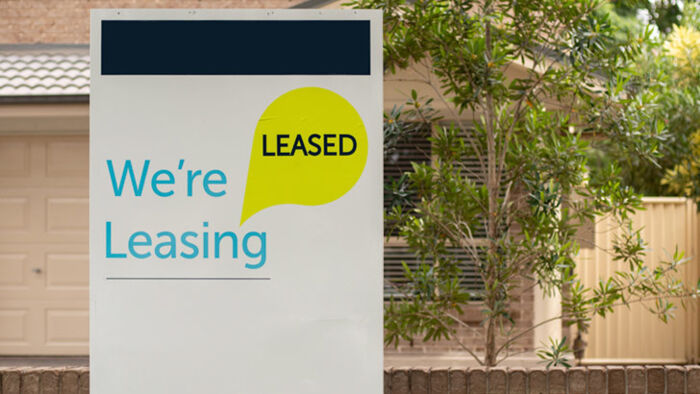Six tax tips for landlords
By Pam Walkley
Australians love property, and not just their homes. Many also see investing in property as a great way to build wealth.
If you're a landlord, the yearly tax claim is a way of maximising returns.
It's important to claim all you are entitled to, but it's equally important to get it right. Property investors are always on the radar of the tax office because we're talking big bikkies - more than 1.8 million Australians owning rental properties claimed $38 billion in deductions in the 2019-20 financial year.
With the clock ticking down to the end of 2021-22, property investors still have time to make sure they score the maximum deduction possible.
1. Consider prepaying interest to claim a deduction
You can prepay interest and other expenses before June 30 to claim the deduction in the 2021-22 year. This is particularly useful if you expect to earn less income next year; maybe you're going on maternity leave or plan to work less or even retire next financial year.
Loan interest is the biggest tax deduction for property investors, according to the tax office, coming in at an average claim of $9640 for 2018-19. Other expenses you can prepay include the cost of a tax depreciation schedule, strata fees and insurance.
2. Make sure you have all your paperwork up to date
Every cent you claim must be substantiated by records. Doing this may also reveal some deductions you didn't know about.
3. If you don't have a depreciation schedule, get in touch with a quantity surveyor
Depreciation allows you to claim for the wear and tear over time on most old or new investment properties. Basically, it recognises that the building itself, plus furnishings and fittings, will wear out over time and eventually need to be replaced.
A depreciation schedule contains all the relevant data you, or your accountant, need regarding the compensation for wear and tear of your building and its fittings.
Many investors will find claiming depreciation yields thousands of dollars of deductions a year. You can also claim a deduction for the cost of the depreciation schedule. If you've missed out on claiming depreciation, it's likely you can amend two years' previous tax returns to rectify this.
4. Don't claim what you're not entitled to
A common mistake is to claim initial repairs or capital improvements as an immediate deduction. Initial repairs to rectify damage, defects or deterioration that existed at the time of purchasing a property are generally considered capital in nature and not deductible, even if you carried them out to make the property suitable for renting.
Depreciation could be claimed on this expenditure as a capital works deduction over 40 years.
Another mistake is to claim the cost of travel to inspect or maintain your property or collect rent (this was discontinued from July 1, 2017).
And investors who acquired a second-hand residential property on or after May 10, 2017, that contains "previously used" assets can no longer claim depreciation on them (such as ovens, dishwashers and blinds).
You can claim depreciation for any brand-new plant and equipment you purchase and install in the property once it is producing income.
5. Be sure to apportion expenses
If the property is split between self-use and letting, apportion expenses correctly. Examples include holiday homes and renting out part of your home either for a short term or longer term.
For example, if your holiday home is genuinely available for rent for nine months of the year (you will need to be able to substantiate it), you can claim three-quarters of the expenses, including mortgage interest, as a deduction.
6. Watch your cashflow
Some investors who negatively gear their properties have a real problem with cashflow.
In some cases, COVID-19 has exacerbated this, with tenants unable to pay rent or paying reduced rent. If this is the case, consider applying to vary your PAYG tax payments downwards so you don't have to wait until you lodge your annual tax return to score a refund.
You need to apply to the ATO to do this and be careful when you do estimate your taxable income for the year as there can be penalties for underestimating.
Expenses for which you may be entitled to an immediate deduction in the income year you incur them include:
• advertising for tenants
• body corporate fees and charges
• cleaning
• council rates
• gardening and lawn mowing
• insurance (building, contents, public liability)
• interest expenses
• land tax
• pest control
• property agent's fees and commission
• repairs and maintenance
• water charges
• quantity surveyor schedule.
Get stories like this in our newsletters.



